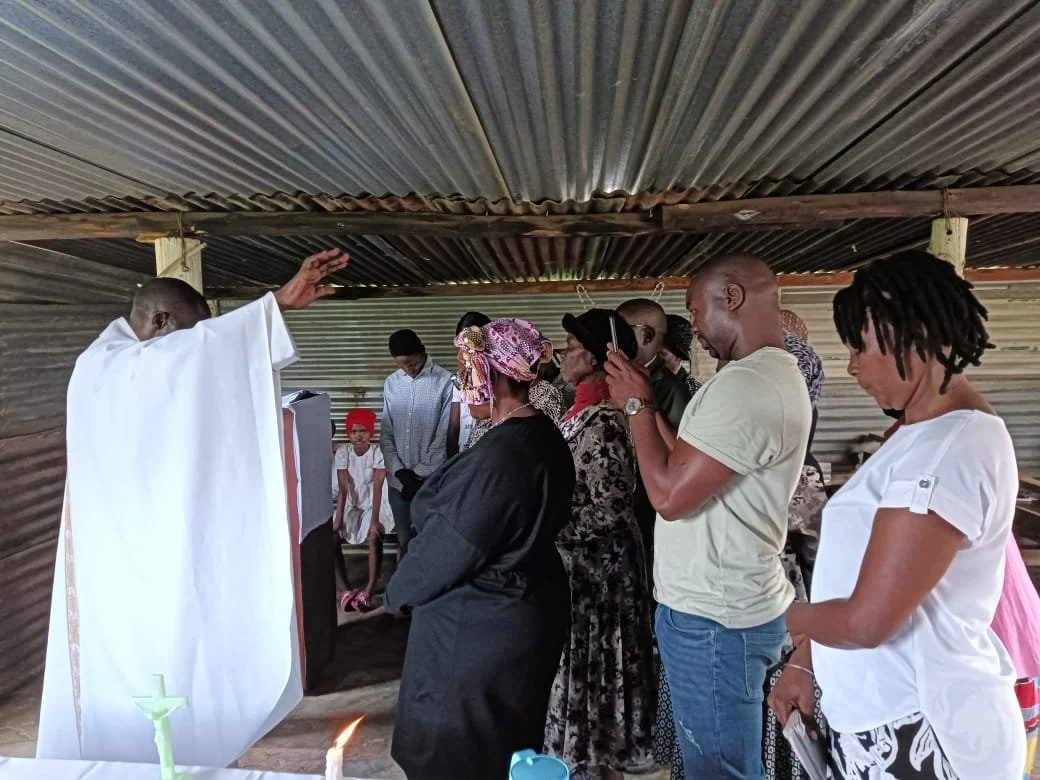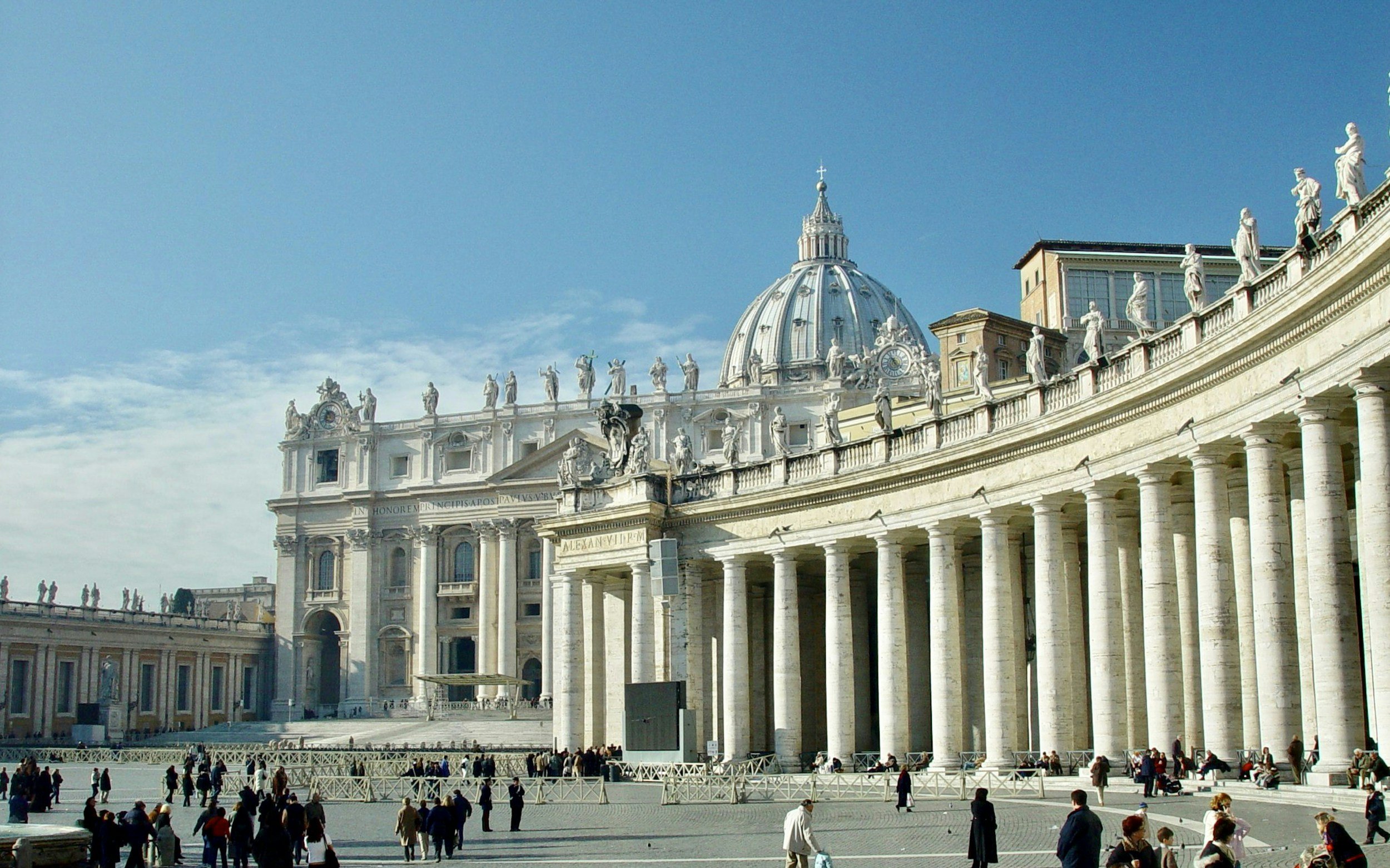In December 2010, the Irish people were subjected to a ruthless bailout agreement for ‘their’ banks after a deal was struck by their government with the International Monetary Fund.
Once the agreement was made, the Irish people had to begin to have their lives viciously inflicted with cutbacks in order to service their international banking masters.
The government of Fianna Fail and the Green Party fell not long after, with an election taking place subsequently in 2011.
One of those made a minister in the government formed from that election was Roisin Shortall. Shortall never spoke out against the wickedness of these laws. Instead, she served as Minister for Primary Care, as the health service deteriorated extensively due to cutbacks.
As their deference to the IMF and overall treason began to take its toll, the government, led by British Royal Family associate Enda Kenny, turned the public’s ire on the church instead. They shut the Vatican Embassy, concocted a ludicrous conspiracy theory about babies in septic tanks and blamed the church for a woman dying of sepsis in their poorly run health service.
The tendency to attack the church in lieu of fixing problems that the government of 2011 created has continued, not just from members of Fine Gael, but from Stephen Donnelly and Roisin Shortall’s party the Social Democrats. The Social Democrats are the most bland political party in Ireland, offering essentially a Fine Gael lite, but with added anti Catholicism, including one TD who threatened to murder one of her own unborn children for each moment devoted to the 2013 conclave on television.
Rather than focusing on the homeless crisis created by her government in 2011, or on the high levels of emigration that Ireland still has as a result of said government or even on any of the other social ills currently taking place, Shortall’s party decided this week to attack God instead.
The pro austerity politician, like her fellow pro austerity Aodhan O’Riordain of Labour last week, has clearly realised that attacking the Catholic faith is a much quicker way of gaining headlines than actually doing anything to improve the lot of those in need.
With this in mind, her ridiculous ‘political party’ wasted the money and time of the European Court of Human Rights this week with an absurd case whining about having to swear and oath to God in the Presidency. A co signatory of the case was David Norris, who once referred to Pope Benedict XVI as a ‘Nazi’ and who saw his 2011 Presidency campaign go down in flames.
What is really sad here is that the time and money spent on this ridiculous and childish case could have been better used in helping the many homeless created by Shortall’s government in 2011.
Perhaps they can show humility for their actions by volunteering at their local Catholic run homeless shelter or soup kitchen this weekend?
You can read the ECHR’s rejection of this laughable case below.
Article 34
Victim
No evidence of a real risk of having to take an oath with a religious element in the absence of realistic prospects to become President or a member of the Council of State: inadmissible
Facts – The seven applicants are politicians and three of them are members of the lower and upper houses of the Irish legislature.
Pursuant to the Constitution, persons taking up office as President or as members of the Council of State, a body advising the President, must take an oath with religious element, “In the presence of Almighty God... May God direct and sustain me”, before they can take up office.
The applicants believe that, due to their political prominence, they have a realistic prospect of either being appointed to the Council, or of being elected to the Presidency, but claim that the religious elements of the declarations required by the Constitution would either prevent them from taking up these offices or require them to make a religious declaration against their conscience.
Law – Article 34:
1. The declaration for Council of State appointees
Under the Constitution, the President has “absolute discretion” to appoint seven members of the Council of State. The question of whether any of the applicants were directly affected by the requirement for such members to make the declaration required by the Constitution would only arise if and when one of the applicants could show that his or her appointment had been a realistic possibility. However, none of the applicants had so far been invited to serve on the Council of State, and none had claimed that such an appointment had been under consideration. While the first, second and fourth applicants had suggested that their current or future experience had qualified them for service on the Council, or might qualify them in the future, this could only be a matter of speculation, given the purely discretionary nature of appointments to this body. The third applicant had made no submissions as to the Council and the fifth had not addressed the likelihood of such an invitation. It followed that none of the applicants had produced reasonable and convincing evidence of the likelihood that a violation affecting any of them personally would occur; mere conjecture was insufficient to establish their victim status.
Accordingly, none of the applicants could claim to be “victims" of the alleged violation.
2. The Presidential declaration
Any Irish citizen who had reached thirty-five years of age might take active steps to seek the Presidency, but a candidate must be nominated by twenty members of the Houses of the Parliament or four local authorities to satisfy the requirements of the Constitution in order to run for office, and then submit to a popular vote.
In certain cases, the class of persons at real risk of being directly affected by an impugned measure might indeed be very broad when, for example, applicants had complained about their ineligibility to stand for election on account of their Roma and Jewish origin and could claim to be victims of the alleged violations due to their “active participation in public life” (Sejdić and Finci v. Bosnia and Herzegovina [GC]).The applicants in the present case had complained about a requirement applicable only upon election to the highest office in the Irish State and the class of persons who could claim to be “victims” of such a violation necessarily had to be much narrower.. Therefore, in order for the present applicants to be “victims” within the meaning of Article 34 they would have had to provide the Court with reasonable and convincing evidence that they had a real intention of seeking the office of President and that they had some realistic prospects in that regard. None of the applicants, however, had sought to establish that they had a realistic prospect of successfully seeking that office with reference to their own particular political circumstances and the constitutional requirements to be nominated.
For the Court, the applicants were seeking to have their victim status accepted, not in the context of a clear, immediate and compelling factual matrix which would allow them to adduce reasonable and convincing evidence that they were at a real risk of being adversely affected by the impugned measure, but rather as a hypothetical outcome, without addressing the very many challenges they would potentially have to overcome to secure that office. Thus, the dilemma of conscience described by the applicants was neither immediate nor imminent. Their situation therefore had to be distinguished from those of the applicants who faced the dilemma either of complying with the impugned legal provision, or refusing to do so, on account, respectively, of their religious belief or sense of professional ethics, and in so doing exposed themselves to sanction (S.A.S. v. France [GC] or Michaud v. France).
In the absence of reasonable and convincing evidence that the applicants were at real risk of being directly affected by the impugned requirement of the Constitution, the complaints of all five applicants could be rejected pursuant to Article 34.
Conclusion: inadmissible (victim).











